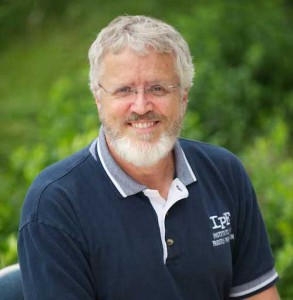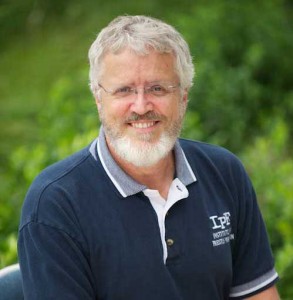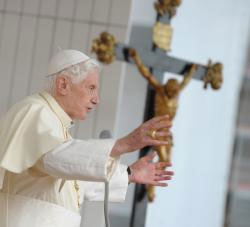BTP#32 St. Bernard and the 12 Steps to Humility and Pride – The Mystery of Faith in the Wisdom of the Saints. In this episode Dr. Lilles continues the discussion on St. Bernard of Clairvaux and his teachings found in “The 12 Steps to Humility and Pride” and “On Loving God”.
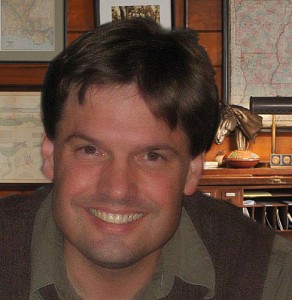
Podcast: Play in new window | Download (Duration: 28:00 — 25.6MB) | Embed
Subscribe: Apple Podcasts | Spotify | Amazon Music | Android | Pandora | iHeartRadio | JioSaavn | Podchaser | Gaana | Podcast Index | Email | TuneIn | Deezer | Anghami | RSS | More
Dr. Lilles offers 4 key points we should keep in mind as we move forward in this series
1. The Search for God
2. Listening to God – Lectio Divnia
3. Conversion to God – Conversatio Morum
4. Living with oneself and letting God fashion one into His image
Dr. Lilles’ continues his discussion on St. Bernard of Clairvaux, “The 12 Steps of Humility and Pride” and “On Loving God”:
[gview file="https://www.discerninghearts.com/catholic-podcasts/wp-content/uploads/2011/04/onlovinggod.pdf"]
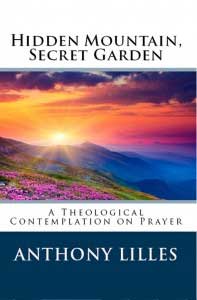
Dr.Anthony Lilles is a Catholic husband and father of three teaching Spiritual Theology at St. John Vianney Theological Seminary. He teaches spiritual theology and spiritual direction to transitional deacons, and the spiritual classics to the men who enter the Spirituality Year, a year of prayer in preparation for seminary formation. He is the author of the “Beginning to Pray” Catholic blog spot.
For other episodes in the series visit the Discerning Hearts page for Dr. Anthony Lilles
Here is the bibliography that Dr. Lilles spoke of in this episode:
The Mystery of Faith in the Wisdom of the Saints
Saints, other figures, dates and bibliographic information
St. Benedict of Nursia – b. 480 – d. 547.
St. Benedict. The Rule. Edited by Timothy Fry, O.S.B. New York: Vintage Books, Random House, 1981, 1998.

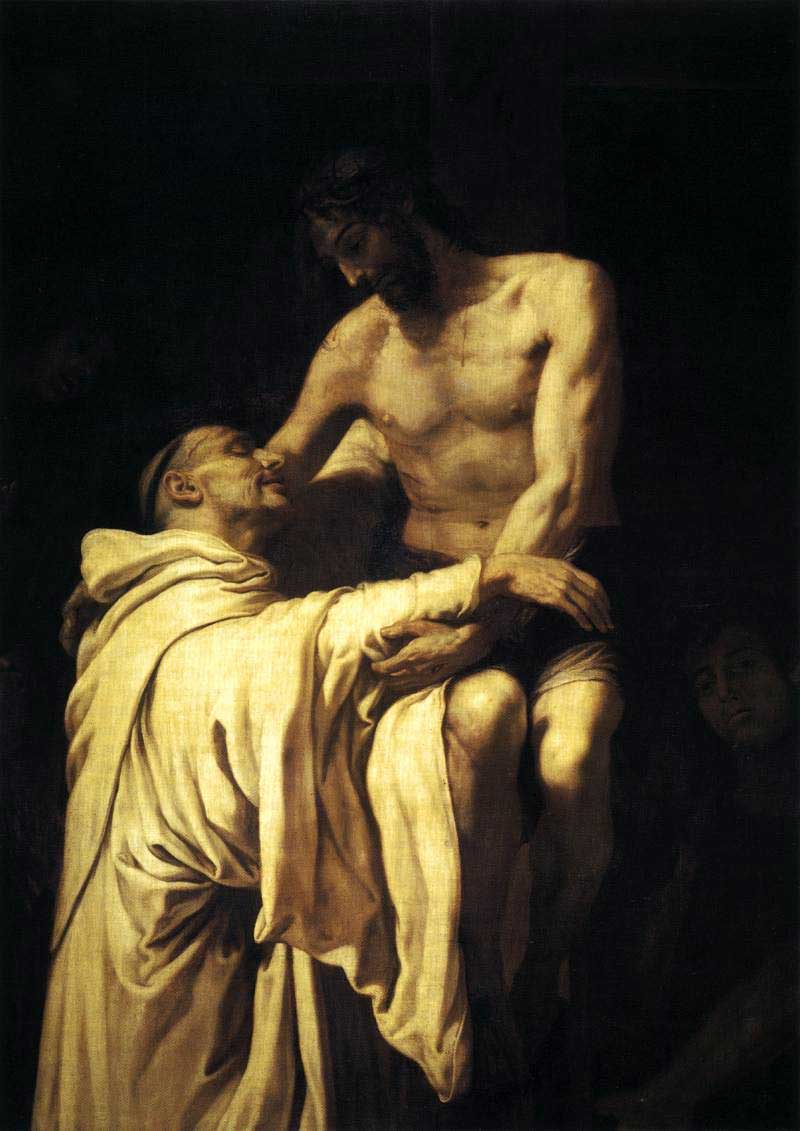
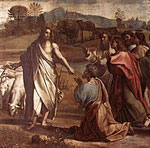
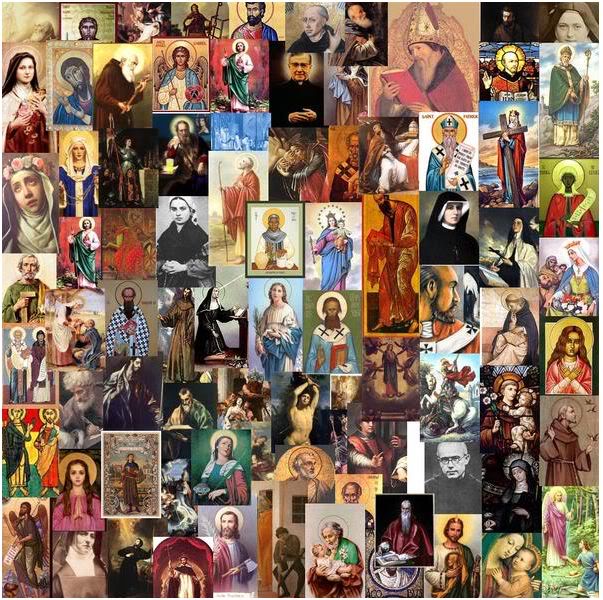

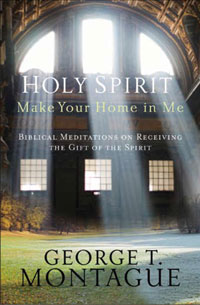

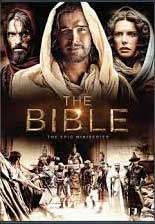

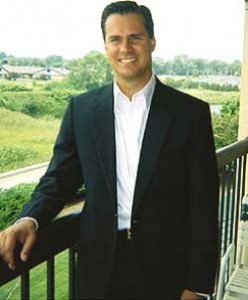
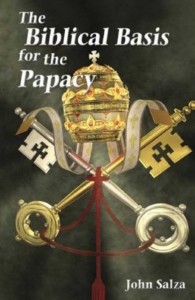
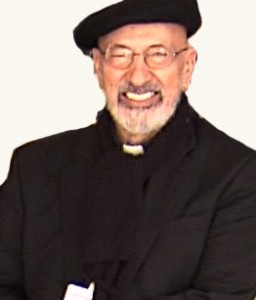
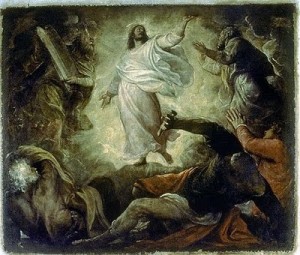 As they were about to part from him,
As they were about to part from him,
